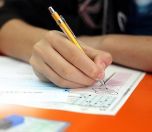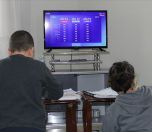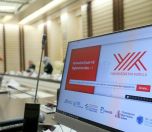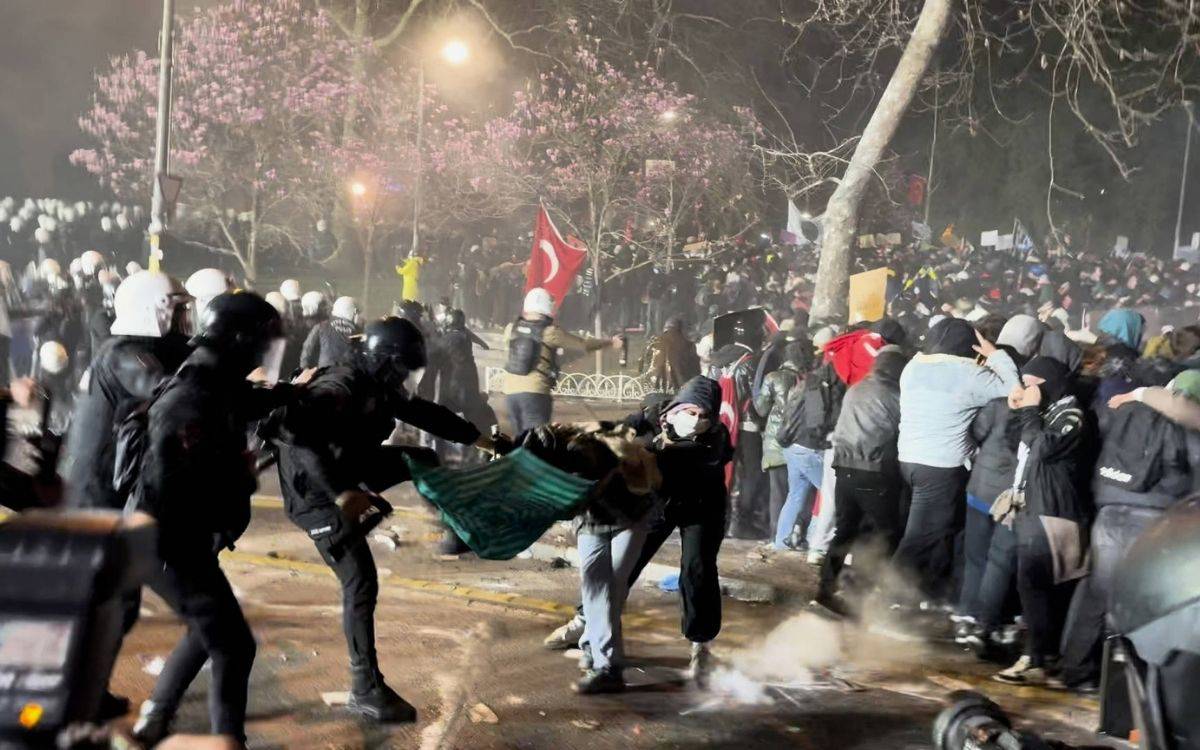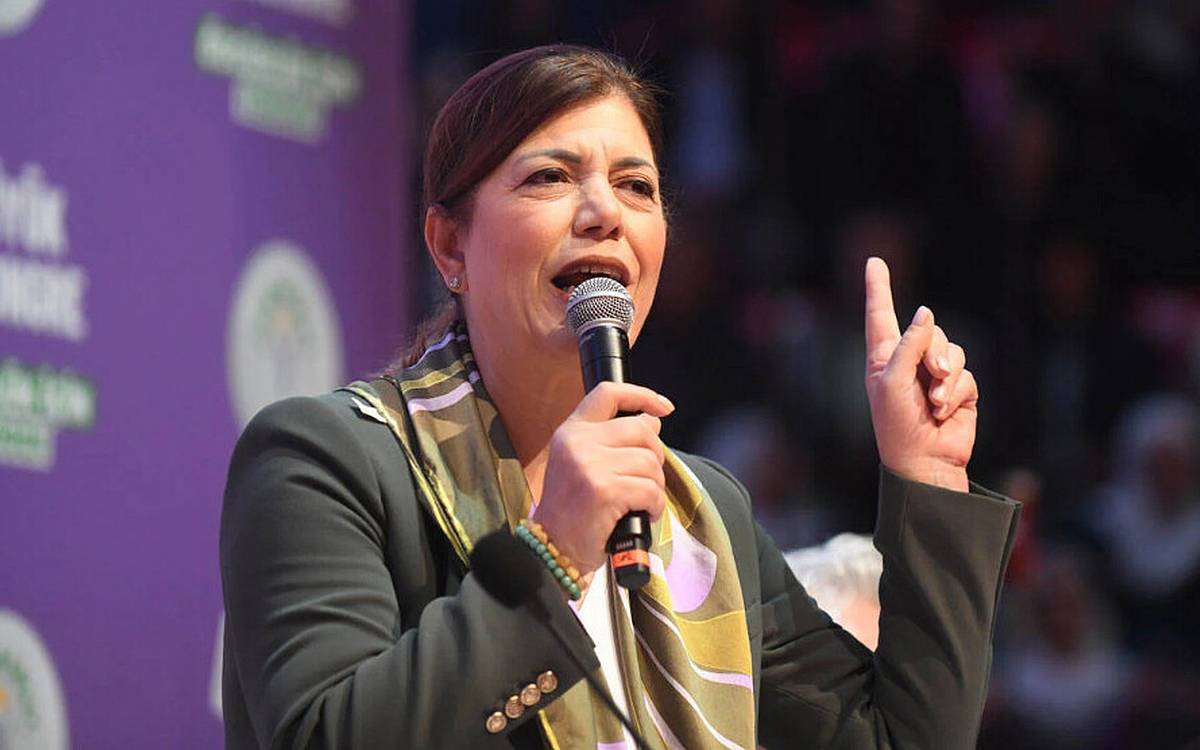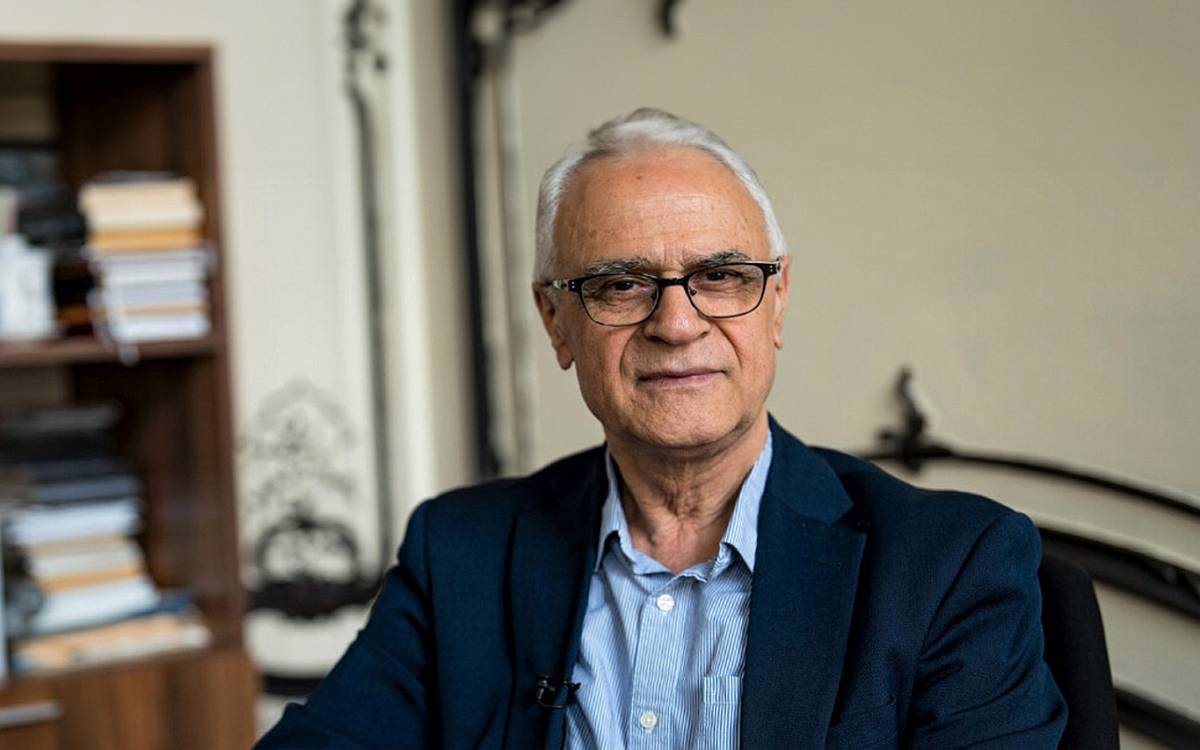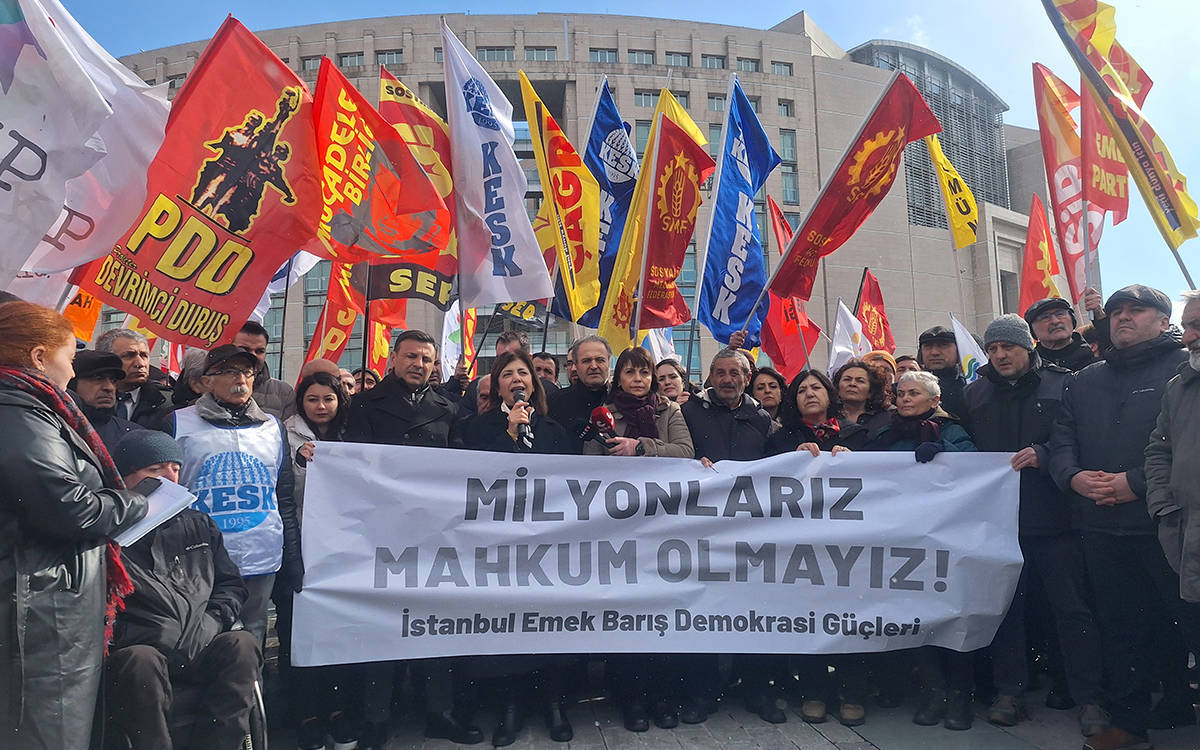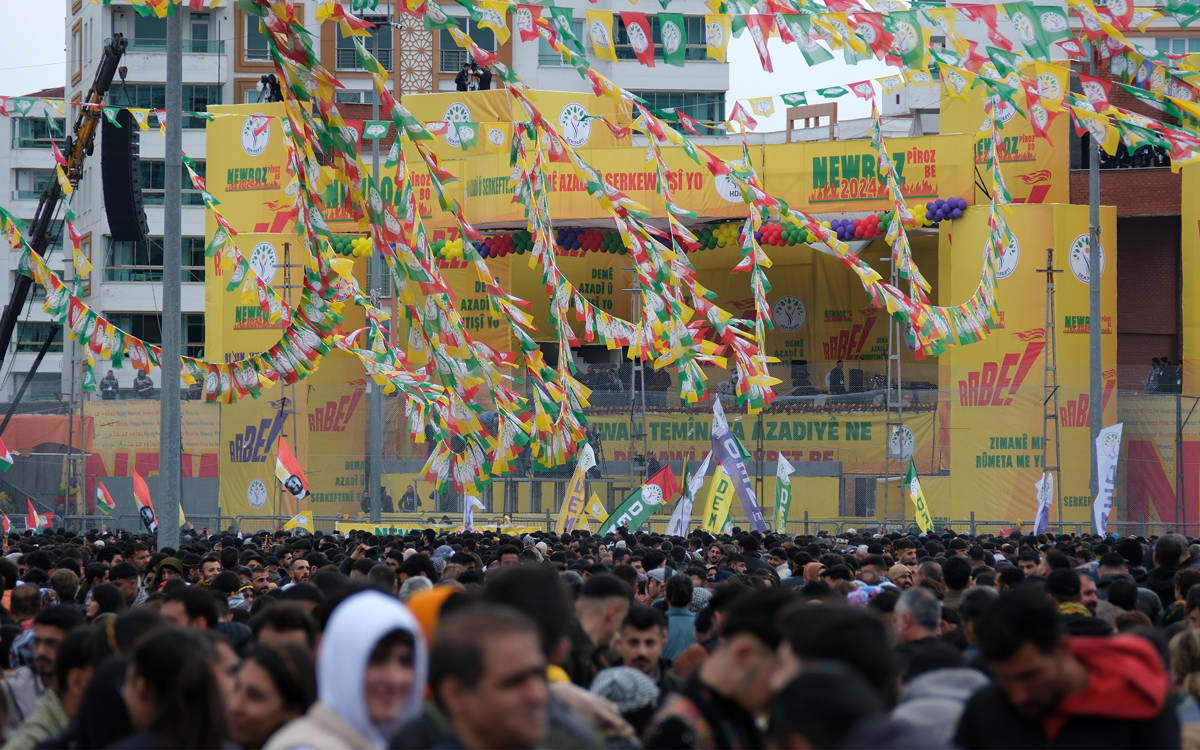* Photo: Anadolu Agency
Click to read the article in Turkish
It has been two weeks since primary, secondary and high school education is given via distance learning in Turkey as part of COVID-19 measures.
Within this context, distance education started on March 23. While students can access the system on TRT-EBA TV and eba.gov.tr, its accessibility has been widely debated since the first week.
Distance education is expected to continue till April 30. We have spoken to Education and Science Laborers' Union (Eğitim-Sen) Secretary for Education Özgür Bozdoğan about how the last two weeks passed for the students and teachers in Turkey and distance education examples from around the world.
Bozdoğan has noted that distance education should not be perceived as formal education. "Distance education is a supplementary education and it should definitely not be viewed as formal education," Bozdoğan has said and added, "The objective of distance learning is to ensure that students do not drift apart from school. It is an individualized education, a learning outcome like the one at school cannot be expected from here."
'Students are not involved in the process'
Bozdoğan has underlined that distance education has some boundaries and limitations and continued as follows:
"In his first statements about distance education, Minister of National Education Ziya Selçuk also indicated that it would not be like formal education. However, from how Ziya Selçuk put it on television programs later on, parents inferred that distance education would be same as face-to-face education. In fact, there is a transfer of information via videos in distance education, students are not involved in this process.
'Inequality leads to unjust treatment of students'
"The distance education introduced to prevent students from drifting apart from the school and lessons cannot be accessed or 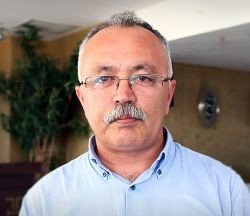 reached by all students. Distance education is given via television, computer and Internet. However, there are students without access to these in Turkey and they are not few in number. In other words, there is too much inequality here. Children go to public schools and get the same education, but students are once again unjustly treated here due to inequalities in their economic conditions. For instance, the children of poor families do not have access to computers and Internet and the children living in the rural, in villages, have problems with accessing even televisions.
reached by all students. Distance education is given via television, computer and Internet. However, there are students without access to these in Turkey and they are not few in number. In other words, there is too much inequality here. Children go to public schools and get the same education, but students are once again unjustly treated here due to inequalities in their economic conditions. For instance, the children of poor families do not have access to computers and Internet and the children living in the rural, in villages, have problems with accessing even televisions.
'System is not inclusive'
"Our students are not equal, education must be provided by considering the differences. For instance, the students of public and private schools are not going through the same process here. The inequality in formal education has increased further in distance education. A student who cannot access any education and the one receiving live education from a private school will take the same exam. It is inequality. Moreover, the current system is not inclusive, either. Disadvantaged groups, students with disabilities, refugee children, the ones with language problems are having difficulties of access and reach.
'Teachers are not on equal terms, either'
"eba.gov.tr has a supplementary function. Teachers give homeworks there, they interact and it helps the student follow the lessons. However, teachers also have problems in accessing this system. In other words, you cannot introduce a system by thinking that everyone is on equal terms, because the conditions of neither our students, nor our teachers are equal."
Bozdoğan has listed the following recommendations for education: * Focus should be on pedagogic training. * Poor students must be supported in access and reach. Their needs for television, Internet and computer must be met. * A system must be developed by considering the condition of disadvantaged children. * The Ministry of National Education and unions must come side by side. * Teachers must be included in decision-making processes. They must be the subject of the process, not its object. |
'China provides children with infrastructure'
Concluding his remarks, Bozdoğan has also referred to the distance education in China, to which Minister Selçuk also frequently refers:
"China set up its infrastructure for distance learning long ago, the state provides all students with the technological infrastructure. They do not have any problems with access and reach. The contents are conveyed to students and they ensure that students use this information. In fact, several countries of the world have started by developing their own system. What many countries ground their systems on is the issue of access and reach." (RT/SD)





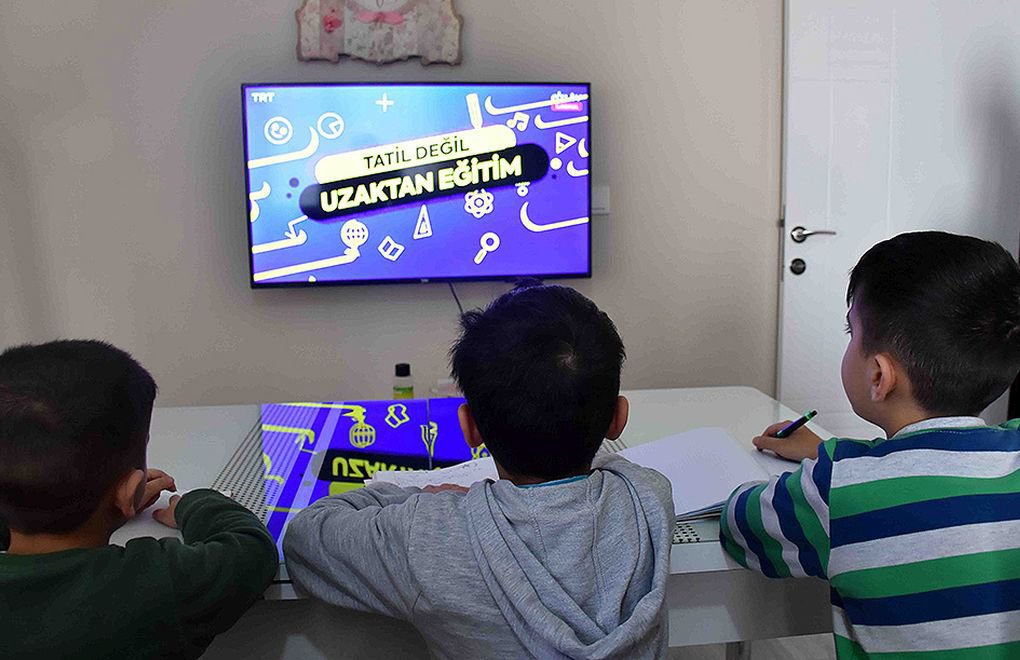
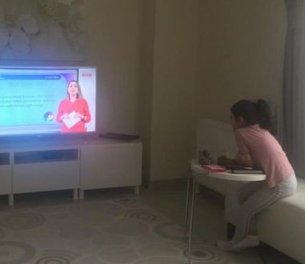
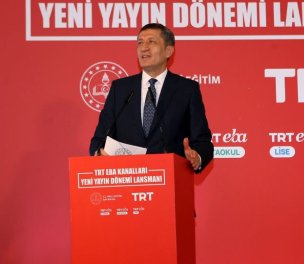
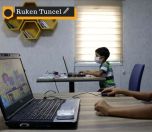
.jpg)
